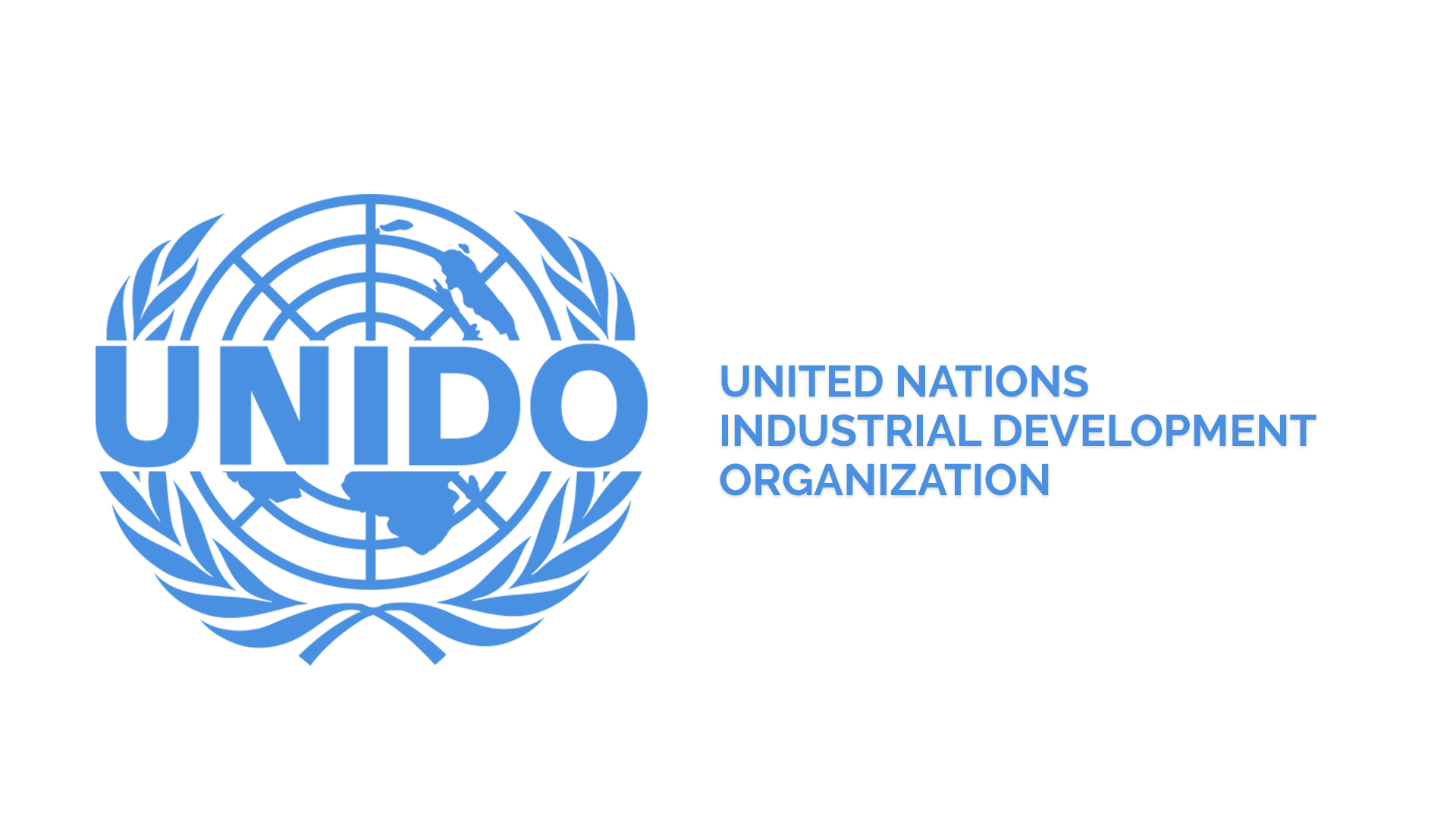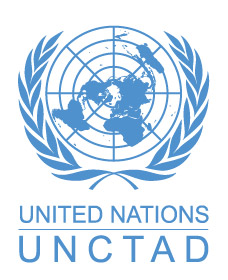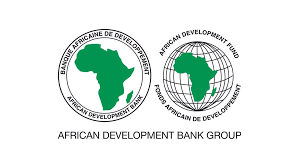Africa’s sustainable industrialization and diversification in the digital era and in the context of COVID-19

ADDIS ABABA, 21 March 2021 – The United Nations Industrial Development Organization (UNIDO) has presented its Industrial Development Report (IDR) 2020: Industrializing in the digital age at a side event of the UN Economic Commission for Africa Conference of African Ministers of Finance, Planning, and Economic Development. The event provided the opportunity to discuss and reflect on the challenges and opportunities the COVID-19 pandemic presents for African countries in adopting advanced digital technologies, and in charting the future course of industrialization.
Opening the event, LI Yong, UNIDO Director General, asserted that the world economy is facing enormous pressure, and that nearly all industrial sectors are affected. He also stressed, however, that “despite the challenges, the ongoing COVID-19 pandemic also presents new opportunities and has accelerated the uptake of digital technologies across diverse sectors”.
Africa’s Crisis Recovery Requires Upgrading the Global Financial Safety Net

The COVID-19 pandemic has taken a significant toll on African economies. Economic activity in Africa is estimated to have experienced its worst contraction on record in 2020, thereby pushing tens of million more people into extreme poverty. In the face of limited domestic resources and borrowing space, many countries on the continent have been constrained in their ability to implement expansionary macroeconomic policies to contain the crisis, particularly in sub-Saharan Africa.
Despite the significant support for COVID-19 response provided by their bilateral and multilateral partners, African countries continue to face significant financing needs to protect lives and livelihood and bolster prospects for a stronger and more resilient economic recovery.
In this light, the time for the international community to go big on supporting Africa’s pandemic crisis recovery is now. To this end, I believe the following steps—which I detail in a new policy paper—will go a long way toward making the global financial system more effective, thereby helping countries on the continent mobilize more adequate levels of external financing for their crisis recovery.
Trade and Development Report 2020 Update (March 2021)

The new (March 2021) ominously named ''Out of the frying pan...into the fire?'' Trade and Development Report by UNCTAD is now public
Bellow you will find interesting facts and figures included in the report, relevant to Africa.
VACCINE UNCERTAINTY
Prospects for vaccinations are also uncertain, particularly for developing countries. After rapid progress in research and clinical trials, thanks to strong public funding support in some countries, roll out has to date been surprisingly uneven including across advanced economies despite their widespread use of advanced purchase agreements. In developing economies access to vaccines has been limited, and despite concerns over scaling up production capacity in advanced countries, calls at the WTO to waive intellectual property rights on Covid-19 vaccines, to speed up production in some emerging economies, have been resisted. The experience has revealed serious shortcomings in the international health architecture and more generally a reticence to treat the pandemic as a truly global public health and economic challenge.
REGIONAL TRENDS IN GDP GROWTH: SOUTH AFRICA AND SUBSAHARAN AFRICA
Africa was severely hit in 2020 by the pandemic, which led to the worst economic performance in decades as economic output shrank 3.8 per cent, compared with a trend growth of 3.2 per cent over the last few years. The two main economies in sub-Saharan Africa were not exempted from the crisis. South Africa’s real GDP increased at an annualised rate of 6.3 per cent in the fourth quarter of 2020. This followed growth rates of 67.3 per cent in the third quarter and -51.7 per cent in the second quarter. According to the latest preliminary indicators, the overall growth for 2020 was - 7.0 per cent, representing the biggest annual fall in economic activity the country has registered since at least 1946. Given the very slow growth in the past years, such a shock brought back the annual GDP level to where it was in real terms seven years ago. Despite the impact of the pandemic on economic growth, agriculture production was strong in 2020 growing 13 per cent.
African Economic Outlook 2021 - From Debt Resolution to Growth: The Road Ahead for Africa

The 2021 edition of the African Economic Outlook focuses on debt resolution, governance, and growth in Africa. Chapter 1 examines Africa’s growth performance and outlook amid the COVID–19 pandemic. The chapter emphasizes policy options to mitigate the effects of the pandemic in the short, medium, and long terms. Chapter 2 explores the causes and consequences of Africa’s debt dynamics by showing how the changing structure and composition of debt create vulnerabilities. In chapter 3, the report takes stock of the challenges in the current global architecture for debt resolution and explores the link between governance and growth with an emphasis on proposed reforms to improve the processes of debt resolution, governance, and sustainable growth.
Can COVID-19 Induce Governments to Implement Tax Reforms in Developing Countries?

We estimate that the short to medium-term fiscal impact of previous pandemics has been significant in 170 countries (including low-income countries) during the 2000-2018 period. The impact has varied, with pandemics affecting government expenditures more than revenues in advanced economies, while the converse applies to developing countries. Using a subset of 45 developing countries for which tax reform data are available, we find that past pandemics have propelled countries to implement tax reforms, particularly in corporate income taxes, excises and property taxation. Pandemics do not drive revenue administration reforms.
Technology and Innovation Report 2021

Recent developments in frontier technologies, including artificial intelligence, robotics and biotechnology, have shown tremendous potential for sustainable development. Yet, they also risk increasing inequalities by exacerbating and creating new digital divides between the technology haves and have-nots. The COVID-19 pandemic has further exposed this dichotomy. Technology has been a critical tool for addressing the spread of the disease, but not everyone has equal access to the benefits.
It is time to ask how we can take full profit from the current technological revolution to reduce gaps that hold back truly inclusive and sustainable development. The UNCTAD Technology and Innovation Report 2021 examines the likelihood of frontier technologies widening existing inequalities and creating new ones. It also addresses the national and international policies, instruments and institutional reforms that are needed to create a more equal world of opportunity for all, leaving no one behind.
The report shows that frontier technologies already represent a $350 billion market, which could grow to $3.2 trillion by 2025. This offers great opportunities for those ready to catch this technological wave. But many countries, especially the least developed and those in sub-Saharan Africa, are unprepared to equitably use, adopt and adapt to the ongoing technological revolution. This could have serious implications for achieving the Sustainable Development Goals.
East Africa's Family-owned Business Landscape

Family-owned businesses are the engine of private sector growth across East Africa, accounting for a significant share of trade and employment, especially in the agricultural, consumer goods, construction and manufacturing industries, though also with a notable presence in the services sector.
Asoko's team of local analysts mapped 500 leading family-owned businesses, speaking to owners and financial services stakeholders along the way about the opportunities and challenges of running a successful enterprise and scaling its growth.
AgrInvest-Food Systems Project – Political economy analysis of the Ethiopian food system

This study aims to inform the implementation in Ethiopia of the AgrInvest-Food Systems Project, a collaboration between the Food and Agricultural Organization of the United Nations (FAO) and the European Centre for Development Policy Management (ECDPM) to promote private investment in African food systems that contributes to sustainable development objectives. The study analyses the Ethiopian food system, identifying and explaining notable trends, important socio-economic, food security and nutrition and environmental outcomes generated by the food system, as well as the structural factors, institutions, and actors that shape food system outcomes in Ethiopia.
Circular Economy Opportunities in SA - EU Food Trade: The Case of Packaging

The European Union (EU) introduced its Green Deal in response to existential threats posed by climate change and environmental degradation, with the aim to be a resource efficient and climate neutral continent by 2050. The EU has also used its ambitious climate targets as a way to champion a green transition and leverage strides made by European companies to contribute to the sustainability agenda and competitiveness in trade partners’ economies. This paper, which was led by the European Centre for Development Policy Management (ECDPM), highlights circular approaches of EU food-related businesses in SA and identifies opportunities for businesses in SADC- EPA states to make a circular economy transition. Given their importance in bilateral trade, and in line with the EU’s Farm to Fork strategy; the focus is on food and beverages, with an emphasis on the packaging of these products. Other areas such as food loss and waste, water- use and renewable energy are also covered, including examples of circular approaches by European companies operating in SA in these areas.
New EU Trade Policy Strategy (Focus on Africa)

COMMISSION COMMUNICATION ON THE TRADE POLICY REVIEW (FOCUS ON AFRICA)
From a broader strategic perspective, it will be important for the EU to reinforce relationships
with countries in and around Europe and to deepen engagement with the African
continent and African states. There are multiple cultural, economic and political ties
between the two continents. Stability and prosperity in Africa is critical for the EU’s stability
and prosperity and needs to be supported by closer economic integration of the two
continents, driving the green and digital transitions jointly with Africa […]




